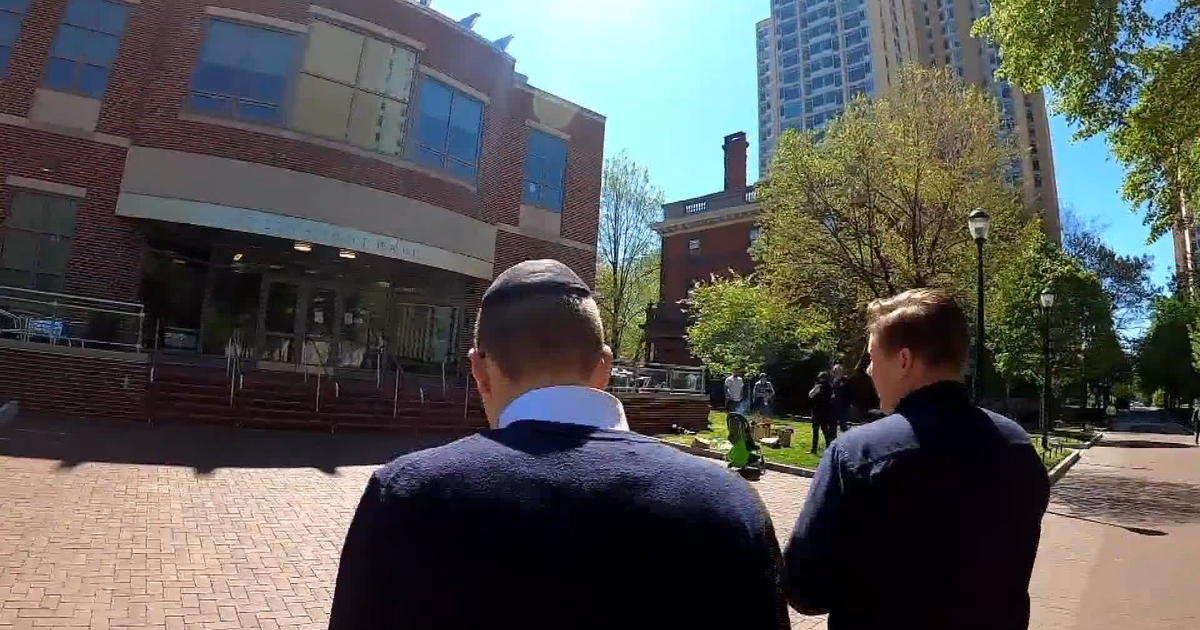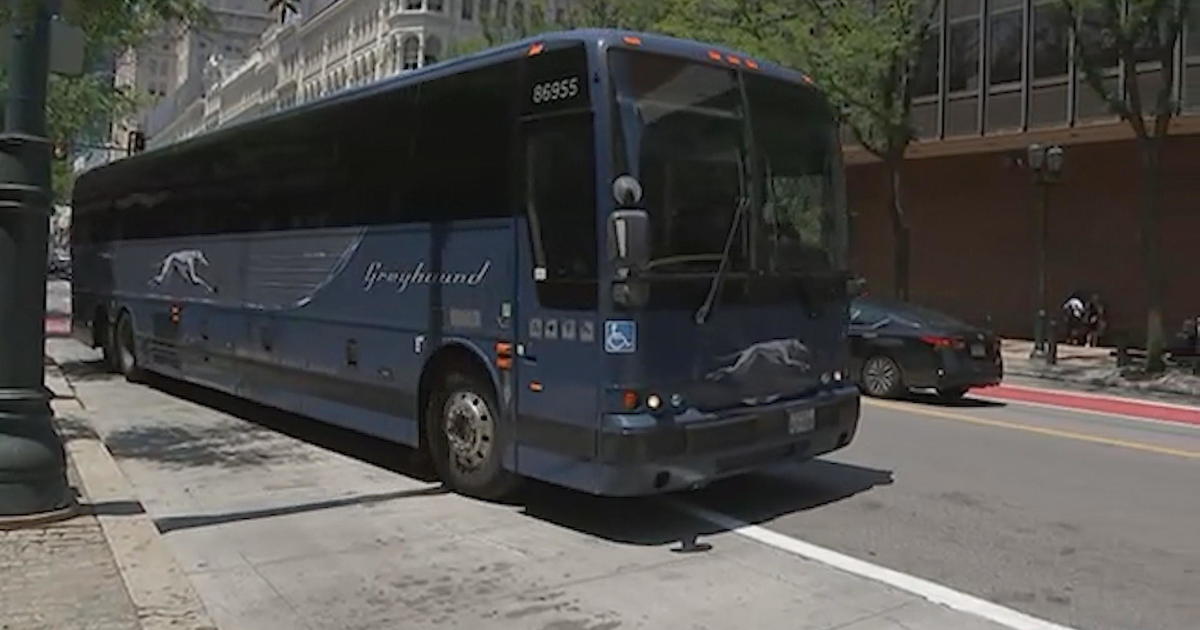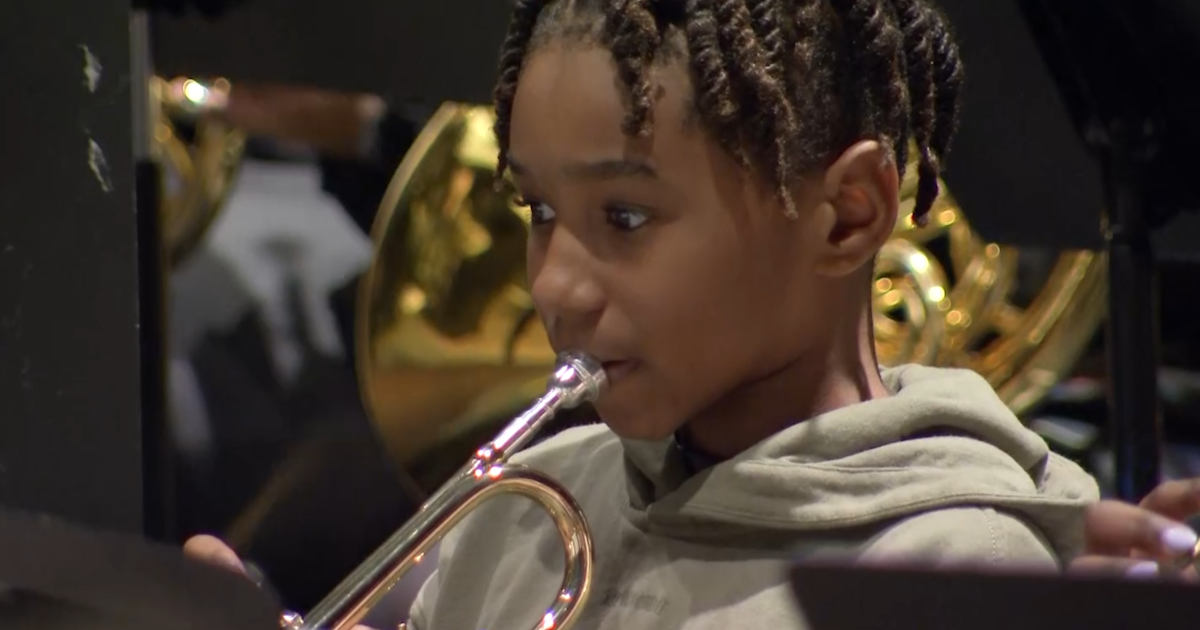Penn Professor Designs Online Game To Figure Out How People Come To Agree
By Pat Loeb
PHILADELPHIA (CBS)--What's in a name? Penn professor Damon Centola says it may be the solution to our thorniest social dilemmas.
He's designed an online game, the Name Game to figure out how groups of disparate people come to agree on something.
The idea is that if we can understand that process, we can apply it to finding agreement on problems from traffic management to public health improvement.
Centola says we've already solved some simple social dilemmas without even thinking about it. He cites greetings, for example, we've figured out whether to shake hands or hug someone in a particular situation, or naming conventions. Virtually everyone calls junk email "spam," yet there was never a campaign to get them to do so.
Centola says existing research shows it happens largely through our peer-to-peer interactions. We talk to people about a subject, we hear their opinion or experience with it, we compare those and analyze them and we offer our opinion or something we heard from a co-worker or a family member.
Each of those interactions becomes what Centrola calls a "data point" in the "narrative" of our decision-making and it also factors into the decision making of the people we interact with.
"It's kind of an aggregation of perspectives," he says.
"This is an extremely complex process but it has some basic properties which is that people are collecting this history of data points and based on that, they revise their opinion or stay with their opinion."
"People are often unaware of exactly what this process was. If I were to ask you to describe this process, 'what's your memory of all the interactions you've had over this topic and all the ways in which this topic affected your position,' it would be very difficult for you to recount that history."
The Name Game, however, studies the process as it's happening. Here is how it works:
You register and are given a time to play. Fifty people play at a time. They are put in 25 pairs. Each pair is shown the same picture of a person's face and asked to give the person a name. If you pick the same name, you receive a cash reward so the incentive is high to agree.
Of course, says Centola, no one agrees in the first round. There are 50 people and 50 different names.
Then all the players are put into different pairs and play again. With each successive round, Centola says, something amazing happens. They begin to agree.
"Then all of a sudden, after about 15 rounds of interacting, the entire population is saying the same thing," he says.
And that happens "even though you only interact with one person at a time. You have no information about what the entire population is saying. It's like that kind of experience where you see one person do something and think 'I'll try that' and then a couple days later, it seems like everyone is doing."
Over a thousand people have played so far but Centola is still collecting data so he hasn't drawn any conclusions. Two of the factors he's manipulated, though, are somewhat revealing.
He says increasing the cash reward for agreement did not produce greater agreement but putting people together with a wider variety of other players improved agreement.



